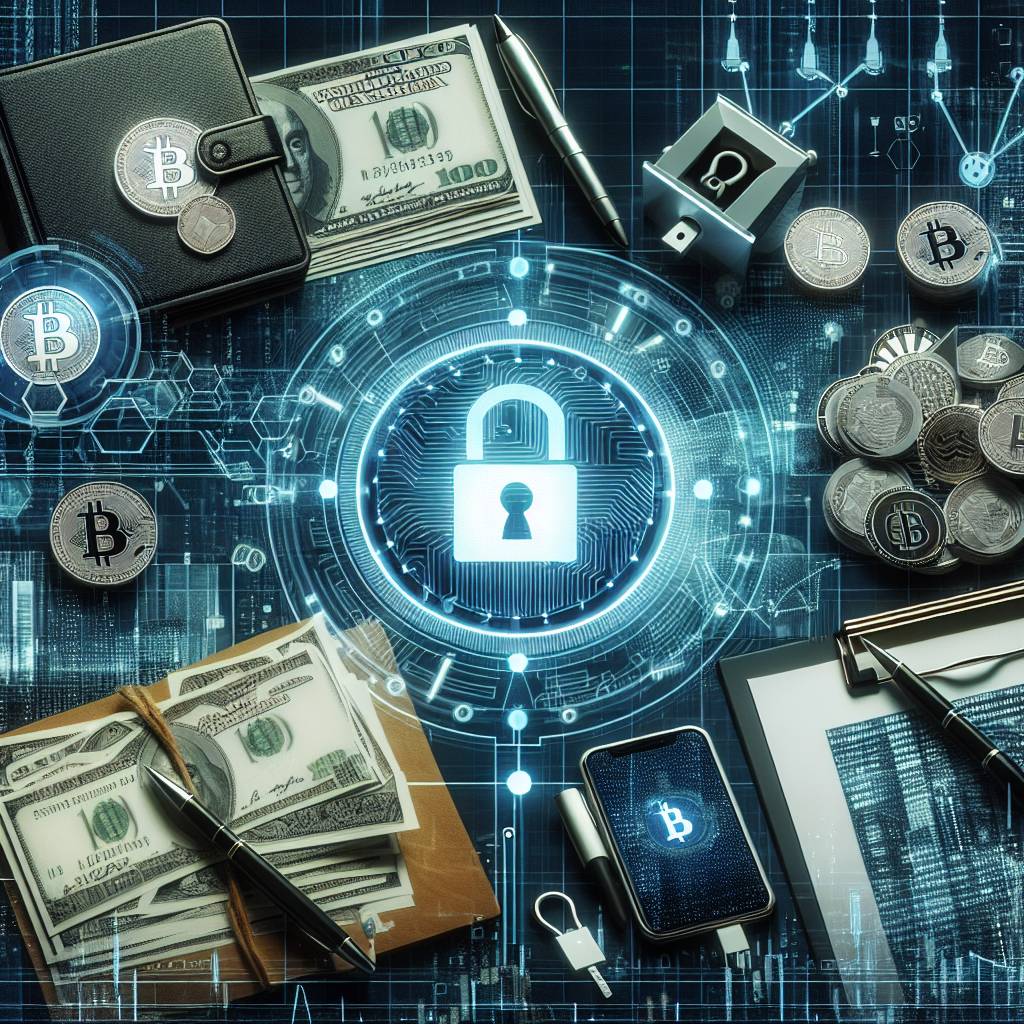What are the privacy principles that should be considered when using cryptocurrencies?
What are some important privacy principles that individuals should keep in mind when using cryptocurrencies? How can users protect their privacy and ensure the security of their transactions?

3 answers
- When using cryptocurrencies, it is crucial to prioritize privacy and security. Here are a few key principles to consider: 1. Use anonymous wallets: Choose wallets that prioritize privacy and do not require personal information for registration. This helps protect your identity and transaction history. 2. Enable two-factor authentication: Add an extra layer of security to your accounts by enabling two-factor authentication. This helps prevent unauthorized access to your funds. 3. Be cautious with public addresses: Avoid reusing public addresses for transactions. Instead, generate a new address for each transaction to maintain privacy and prevent others from tracking your transaction history. 4. Use VPNs and Tor: Consider using virtual private networks (VPNs) and Tor to encrypt your internet connection and mask your IP address. This adds an extra layer of privacy and helps protect your online activities. 5. Keep software up to date: Regularly update your cryptocurrency wallets and software to ensure you have the latest security patches and bug fixes. This helps protect against potential vulnerabilities. Remember, while cryptocurrencies offer many benefits, it's important to take proactive steps to protect your privacy and security.
 Dec 25, 2021 · 3 years ago
Dec 25, 2021 · 3 years ago - Privacy is a top concern when using cryptocurrencies. Here are a few principles to keep in mind: 1. Understand the blockchain: Cryptocurrencies operate on a blockchain, which is a public ledger. While transactions are anonymous, they are still visible on the blockchain. Familiarize yourself with how the blockchain works to better understand the privacy implications. 2. Research privacy-focused cryptocurrencies: Some cryptocurrencies, like Monero and Zcash, prioritize privacy by default. Consider using these privacy-focused cryptocurrencies for enhanced anonymity. 3. Educate yourself on best practices: Stay informed about the latest privacy best practices in the cryptocurrency space. Follow reputable sources and communities to learn about new privacy-enhancing tools and techniques. 4. Be mindful of third-party services: When using cryptocurrency exchanges or other third-party services, be cautious about the information you share. Only provide necessary details and avoid sharing sensitive personal information. By following these principles, you can better protect your privacy and maintain control over your cryptocurrency transactions.
 Dec 25, 2021 · 3 years ago
Dec 25, 2021 · 3 years ago - At BYDFi, we believe in the importance of privacy when using cryptocurrencies. Here are some privacy principles to consider: 1. Use hardware wallets: Hardware wallets offer enhanced security and privacy by keeping your private keys offline. This reduces the risk of your private keys being exposed to potential online threats. 2. Conduct transactions on decentralized exchanges: Decentralized exchanges (DEXs) allow for peer-to-peer trading without the need for a central authority. This can help protect your privacy by reducing the amount of personal information you need to provide. 3. Utilize privacy coins: Privacy coins, such as Dash and Monero, offer additional privacy features that can help protect your identity and transaction history. 4. Regularly review privacy settings: Check the privacy settings of your cryptocurrency wallets and platforms to ensure they align with your desired level of privacy. Adjust settings as needed to maintain control over your personal information. By following these principles, you can enhance your privacy and security while using cryptocurrencies.
 Dec 25, 2021 · 3 years ago
Dec 25, 2021 · 3 years ago
Related Tags
Hot Questions
- 95
What are the advantages of using cryptocurrency for online transactions?
- 82
What are the tax implications of using cryptocurrency?
- 76
Are there any special tax rules for crypto investors?
- 59
How can I buy Bitcoin with a credit card?
- 53
How does cryptocurrency affect my tax return?
- 50
What are the best digital currencies to invest in right now?
- 41
What is the future of blockchain technology?
- 14
How can I minimize my tax liability when dealing with cryptocurrencies?
